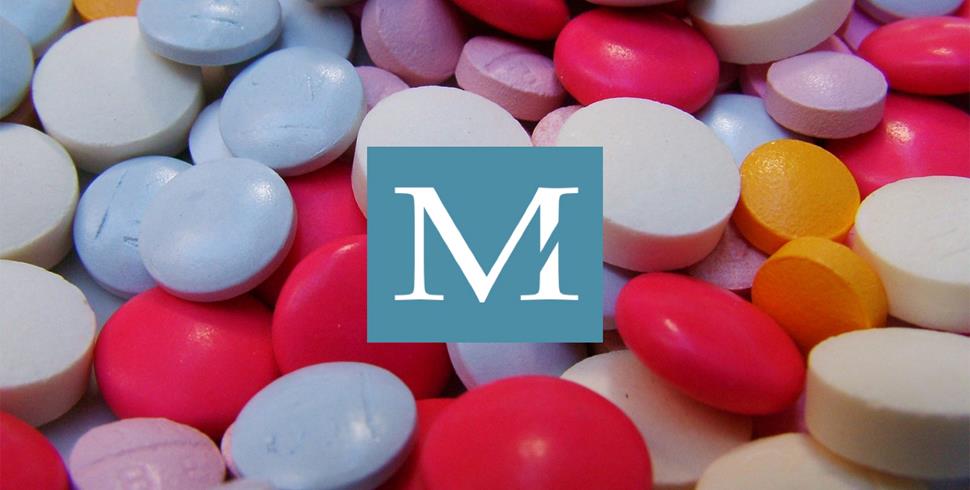
In 2015, Section 5A was introduced to the road traffic act, making it an offence to drive a vehicle on a road or public place whilst over a prescribed limit for drugs. Unlike drink driving offences, it’s difficult – if not impossible – to work out what the new drug driving limits actually mean, making it much easier to break the law. To give a general example, the legal limit of THC (the psychoactive component of cannabis) is 2 micrograms. To illustrate how low this is - the legal limit for alcohol is approximately 400,000 times greater than for THC.
A crucial part of defending drug driving cases is having the resources and the right forensic team to accurately analyse blood reports. A recent article published on The Chronicle highlighted a top independent forensic company in the UK, called Bericon Forensics. Formed in 1982, Bericon is a leading forensic science consultancy, and they are renowned for their expertise in criminal defence cases. Their services include DNA, drugs and alcohol testing, as well as medical and digital forensics.
.
The article was published by Bericon's managing director, Alan Baker, and is titled 'drug driving success'. It discusses a recent drug driving case, in which the defendant was found not guilty despite being above the legal limit for THC. This positive outcome was due to an analysis by Bericon Forensics, which revealed that the THC levels in the defendant’s system could have fallen below the legal limit within a few hours and was backed up by the fact that the defendant had no intention to drive. See the full article by clicking here.
.
The defence of challenging the blood report, as used by Bericon Forensics is one of the most commonly used in motoring law, however it is not the only defence for drug driving, particularly when it concerns THC. THC is not easy to detect in blood. This presents practical problems for laboratories when trying to analyse blood and produce accurate results. Other common methods of analysis for THC include:
.
Gas-Chromotography Mass-Spectometry (GC-MS) - This is considered the ‘gold standard’ in commercial drug testing. GC-MS is a specialised analytical method that which enables scientists to identify and quantify individual metabolites within a blood sample. The issue with this method, however, is that the laboratory is required to deduct 30% from the measured result, in order to allow for a 'normal analytical variation'. This poses the risk of unreliable results, and you could end up being wrongly charged with drug driving.
.
Quality Control failings - Laboratories wishing to undertake drug testing are required to attain the UKAS accreditation. This means that they have to frequently monitor their analytical performance in terms of accuracy since there can be huge margins for error with drug driving. In recent months, it has been confirmed that a large amount of results from a specific laboratory were incorrectly calculated due to a ‘data anomaly’. The same laboratory has since had its accreditation withdrawn. Anyone who is having a blood sample tested is legally entitled to see the qualifications of the person taking your sample. Part 19 of the Criminal Procedure Rules forces the CPS to disclose details of the lab workers who analysed your blood sample. This includes their names, qualifications and experience. Due to high staff turnover at police laboratories, many lab workers have no qualifications and less than one years' experience.
.
Calibration mistakes - Laboratories are required to calibrate testing instruments at the beginning of each day. This process involves analysing a number of solutions (calibrants) each containing a different known drug concentration. The results of the calibration test are then plotted to produce a calibration graph. These results must fall within a validated range (the ‘standard deviation’) recommended by the United Kingdom Accreditation Service (UKAS). The concentrations of THC used to prepare calibration graphs in previous cases we've handled have not complied with the accreditation analytical requirement. This means that equipment used to analyse blood samples is not calibrated to the required margin and may, therefore, over-estimate the level of THC in your blood sample. Even a small over-estimation could tip you above the legal limit. Of course, most people assume that blood results are correct because the police say so... Remember that you're entitled to check.
.
False Positives - No analytical method is 100% accurate. False positives do occur. Positive results may be obtained by consumption of non-psychoactive substances, such as Hemp Seed Oil and some forms of Vitamin B. Some conditions can also cause reactions in the body that may produce similar metabolites to THC. M.A.J. Law has found the most common cause of false possible results to arise out of human error. Labelling errors, inadequate training, staff fatigue are all reasons given by laboratories in cases involving false positive readings.
.
As mentioned above, these are just a few of the defences which can be put forward for drug driving involving THC. If you would like more information on defences for other drugs, visit the 'drug driving' page on our website by clicking here, or alternatively speak to one of our legal experts on 0151 422 8020. We offer free initial advice to anyone charged with a motoring offence. Our phone lines are open 8:30-17:30 Mon-Friday.
.
As mentioned above, these are just a few of the defences which can be put forward for drug driving involving THC. If you would like more information on defences for other drugs, visit the 'drug driving' page on our website by clicking here, or alternatively speak to one of our legal experts on 0151 422 8020. We offer free initial advice to anyone charged with a motoring offence. Our phone lines are open 8:30-17:30 Mon-Friday.



